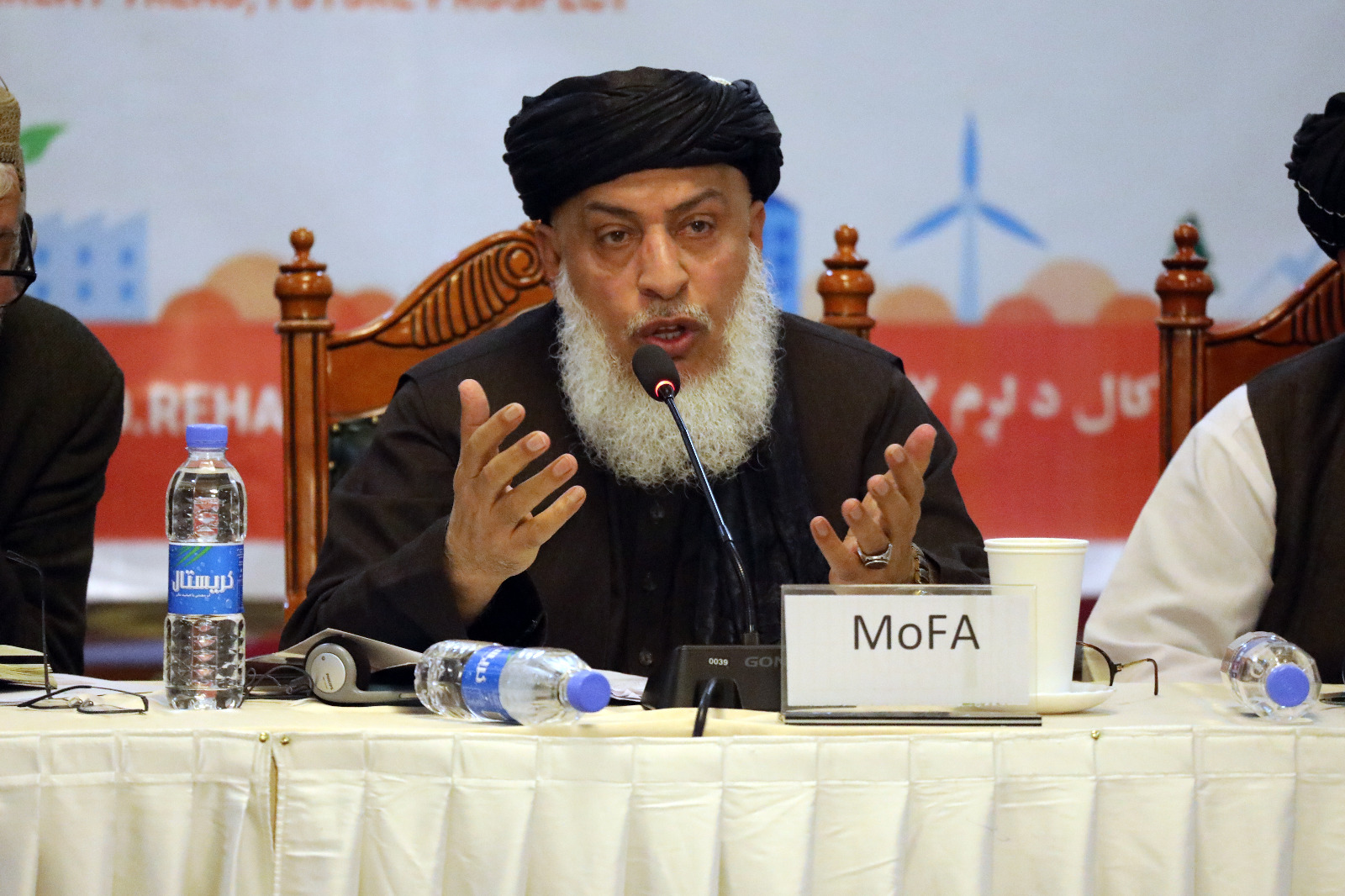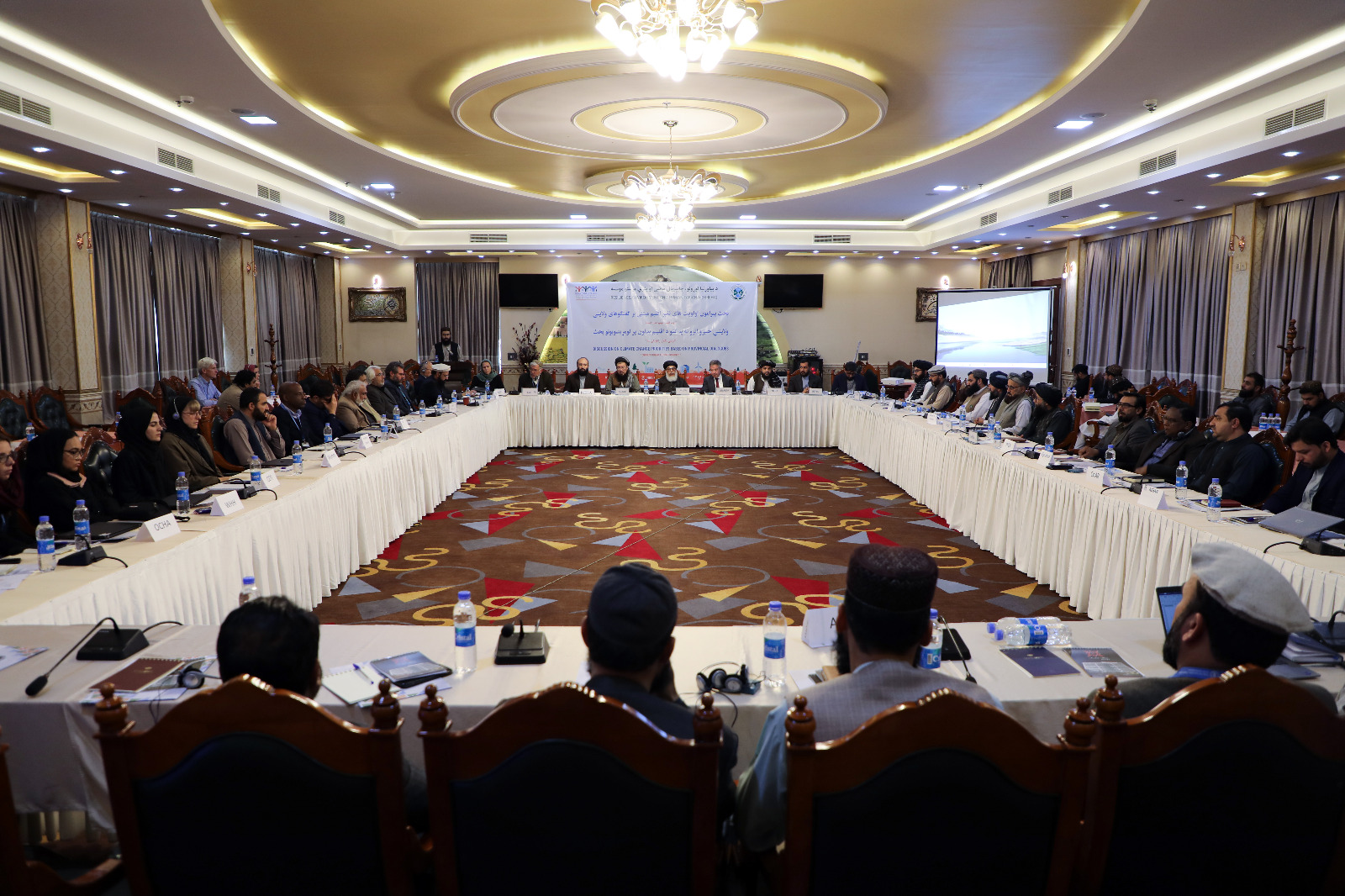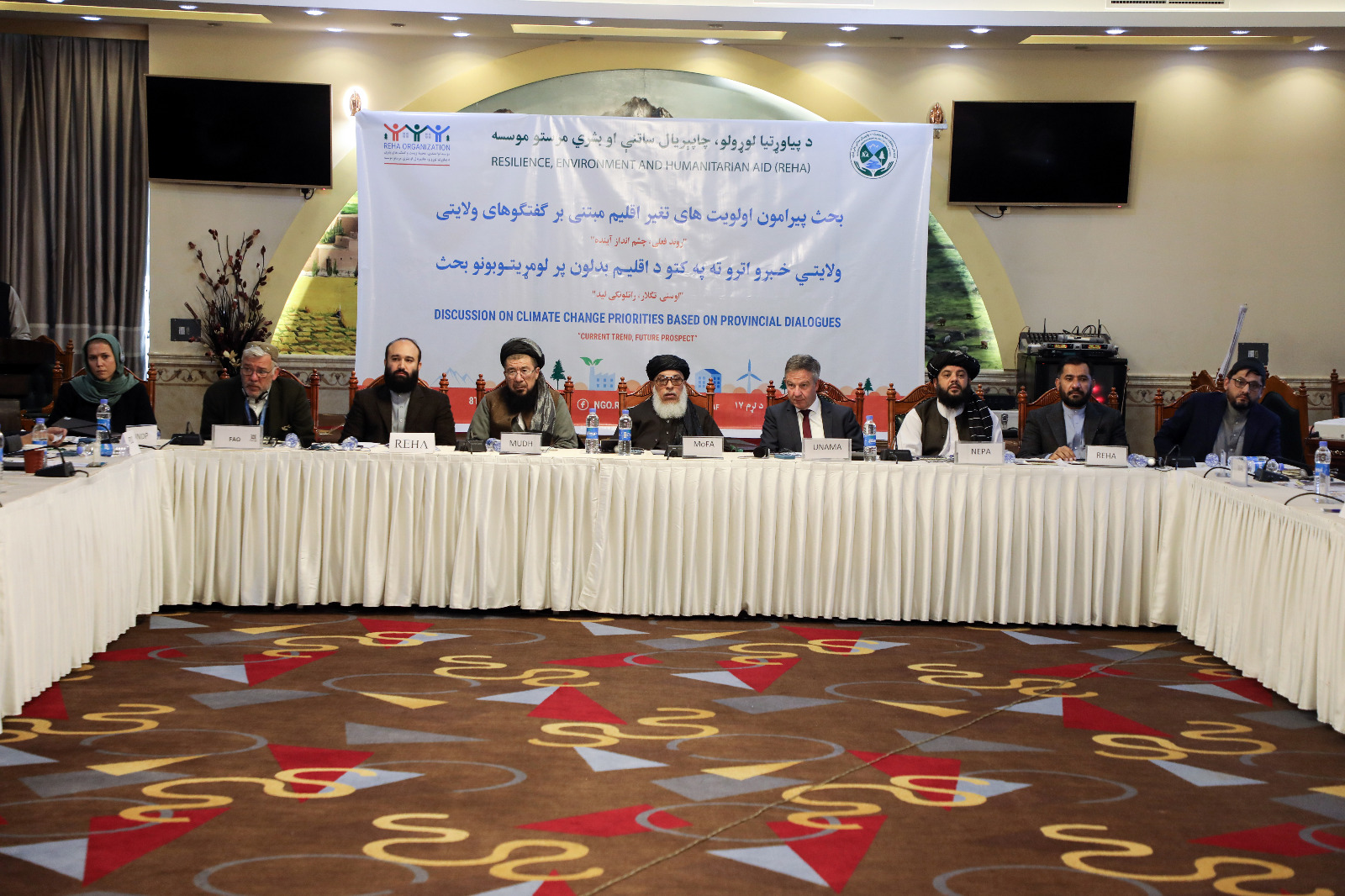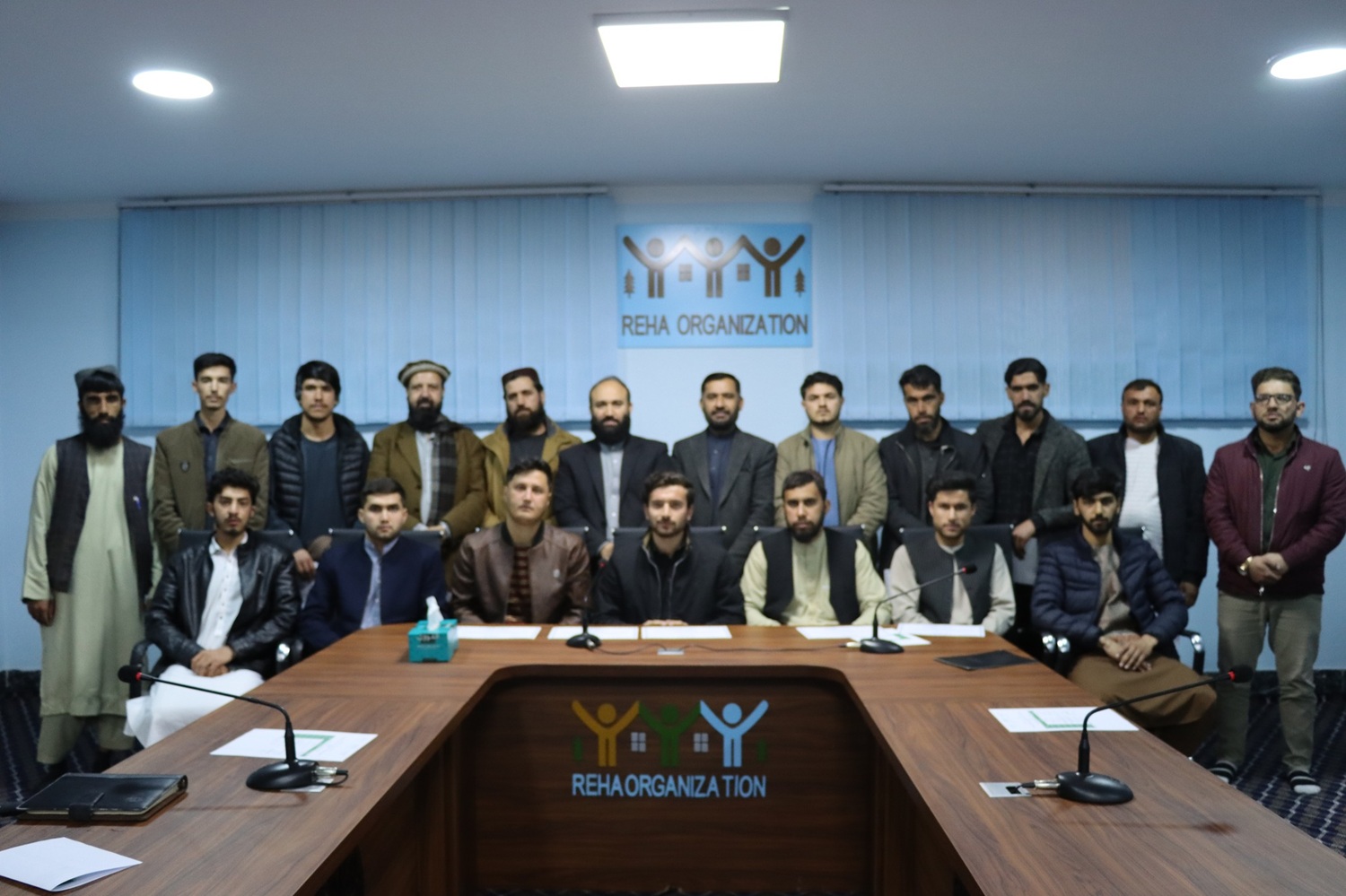- Written by: winsoft.net
- April 13, 2025
Deputy Minister for Political Affairs, MoFA.
Political Deputy Head, UNAMA.
Deputy Minister, NEPA.
Heads of UN agencies and NGOs
100 Representatives from all stakeholders
Heard the Findings of provincial climate dialogues.
Date: 8 November 2023.



𝗥𝗘𝗛𝗔 𝗖𝗼𝗻𝗱𝘂𝗰𝘁𝗲𝗱: 𝗗𝗶𝘀𝗰𝘂𝘀𝘀𝗶𝗼𝗻 𝗼𝗻 𝗖𝗹𝗶𝗺𝗮𝘁𝗲 𝗖𝗵𝗮𝗻𝗴𝗲 𝗣𝗿𝗶𝗼𝗿𝗶𝘁𝗶𝗲𝘀!
The Resilience, Environment and Humanitarian Aid (REHA) Organization has shared and presented the results and findings of the previously conducted six provincial dialogues on climate change (5 October–6 November 2023) with a high-level event in Kabul on Wednesday, November 8, 2023, in the presence of relevant stakeholders’ representatives from the government, academia, UN agencies, NGOs, media, youth, and women. This high-level discussion event was held in Kabul on “Climate Change Priorities based on Provincial Dialogues” in the presence of Mr.
Shir Mohammad Abbas Stanikzai, Deputy Minister of the Ministry of Foreign Affairs, Deputy Minister of the National Environmental Protection Agency (NEPA), deputy ministers, directors and representatives of government ministries, heads and representatives of UN agencies, NGOs, lecturers and professors of Kabul and Polytechnic universities, youths, and women, among others. In this event, #REHA shared the key findings, including messages, voices, and recommendations, of around 500 participants in the six provincial dialogues in this meeting with policymakers and decision-makers. The findings indicate that climate change has affected every sector and every society or community in rural or urban areas, and it is now a real challenge ahead of all of us that requires our collective efforts. Specifically, it shows that children, women, the elderly, and the poor are the most affected groups in the communities due to climate change impacts on their social, economic, livelihood, and health conditions. Water, rangeland or pastures, forests, biodiversity, ecosystems, agriculture, energy, health, and livelihood sectors are directly affected, including severe and frequent climate-induced disasters such as flooding, drought, landslides, avalanches, extreme weather events, and changes in precipitation and seasons.
Participants in this meeting acknowledged and appreciated this initiative of REHA and discussed ways forward in terms of financial assistance for climate resilience projects, prioritization and community-oriented modes of implementation of such projects, and coordination among relevant stakeholders.
Participants called upon and asked the international community and the government to not politicize the climate change agenda and to consider the people of Afghanistan instead of politics, and asked for their financial and t
echnical support. A detailed report will be prepared by 𝗥𝗘𝗛𝗔 and shared with all relevant stakeholders and partners for their use, including its next steps and ways forward.

